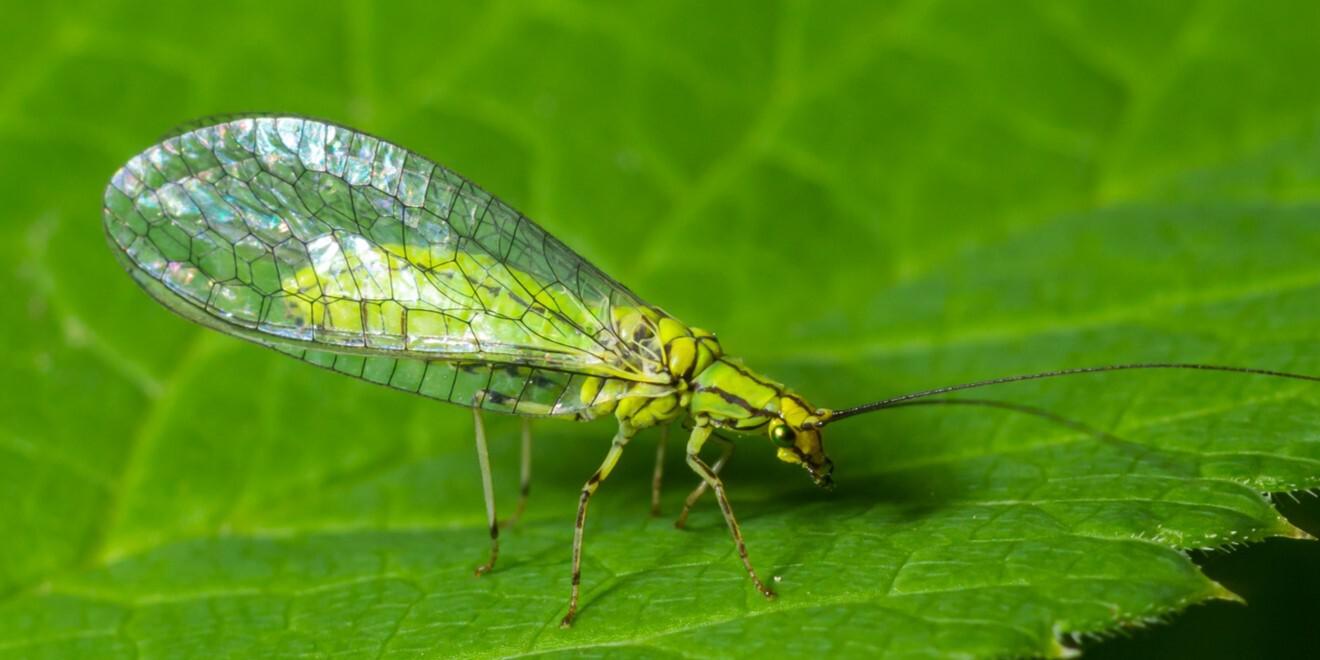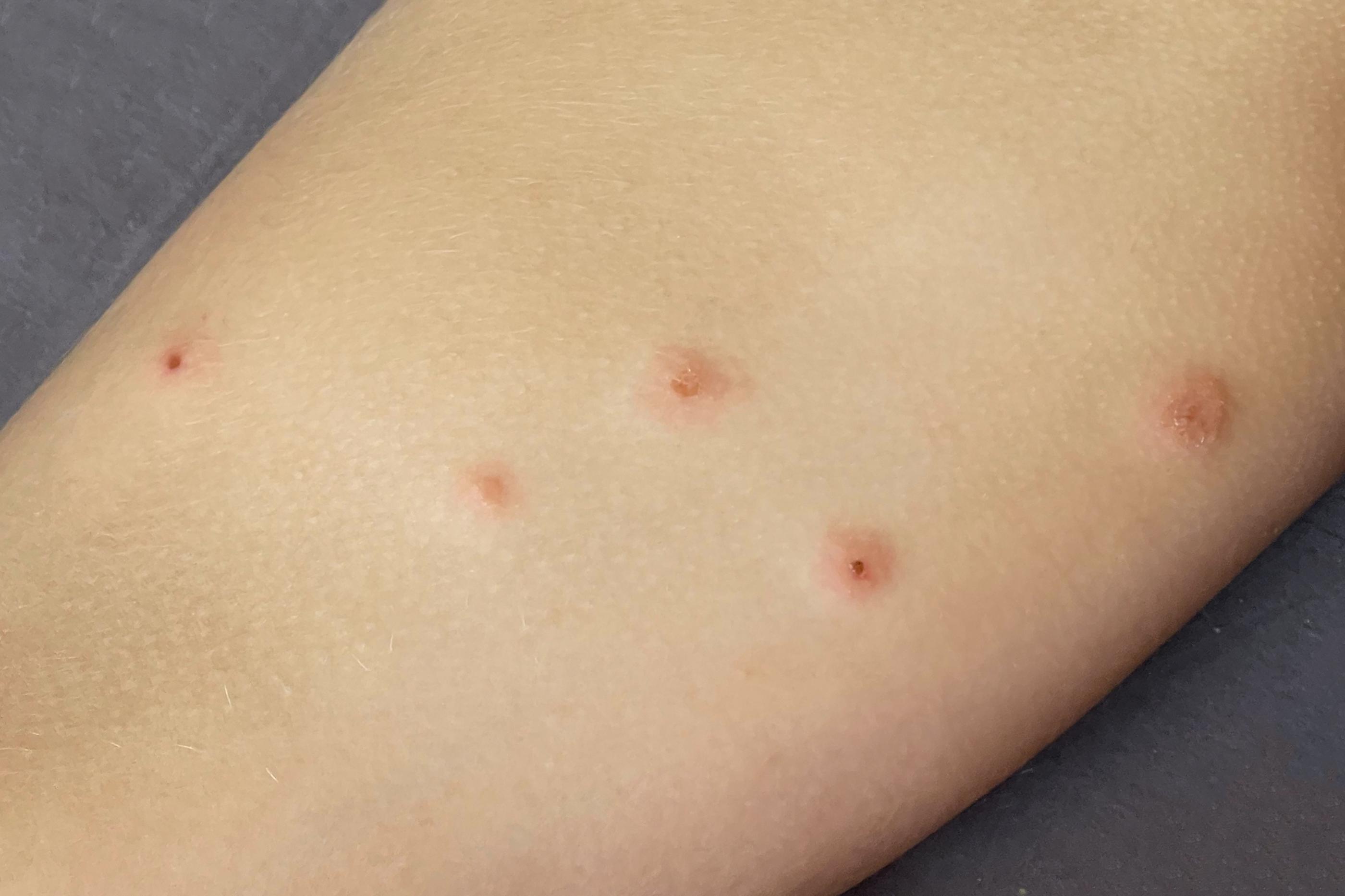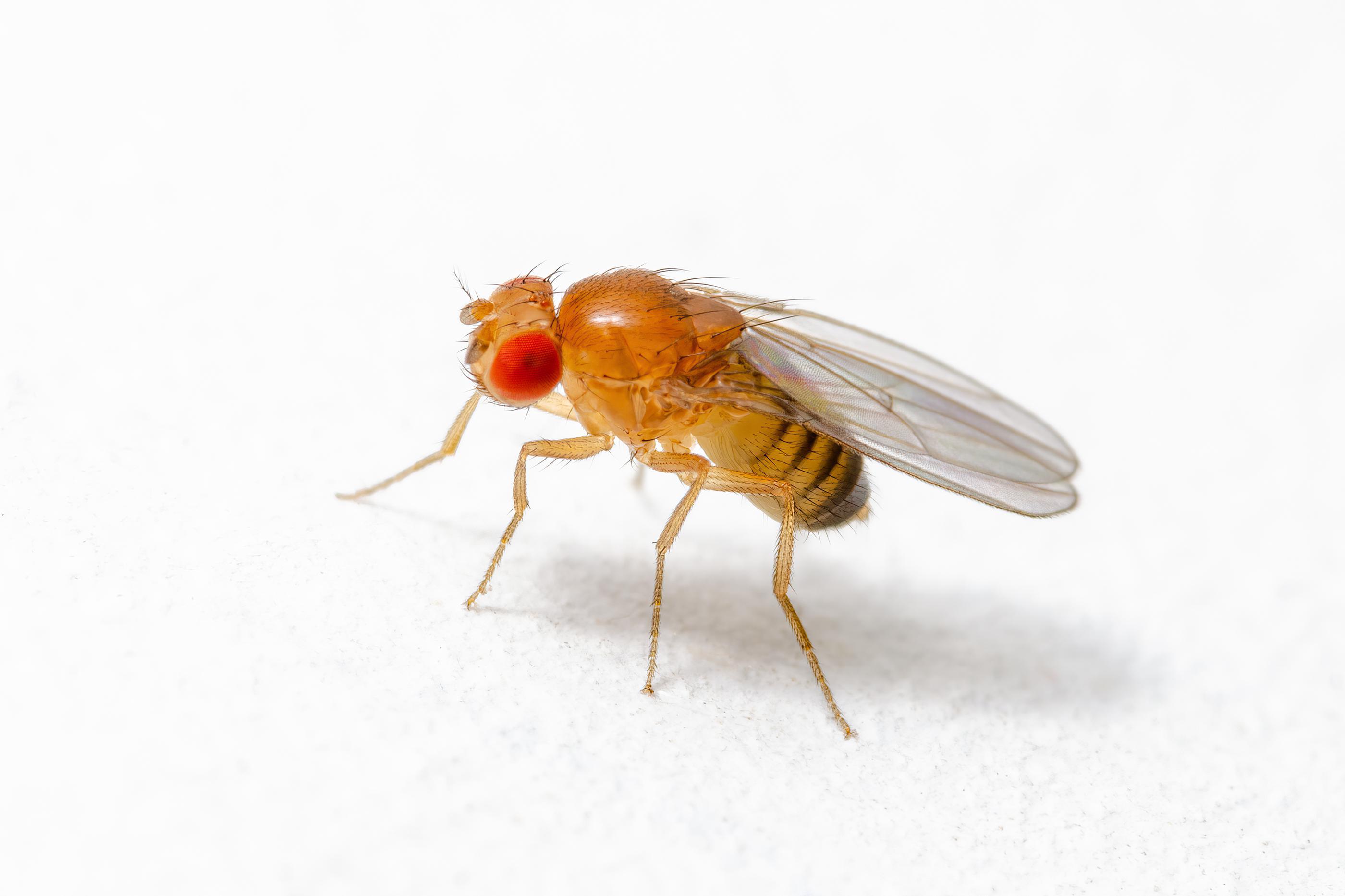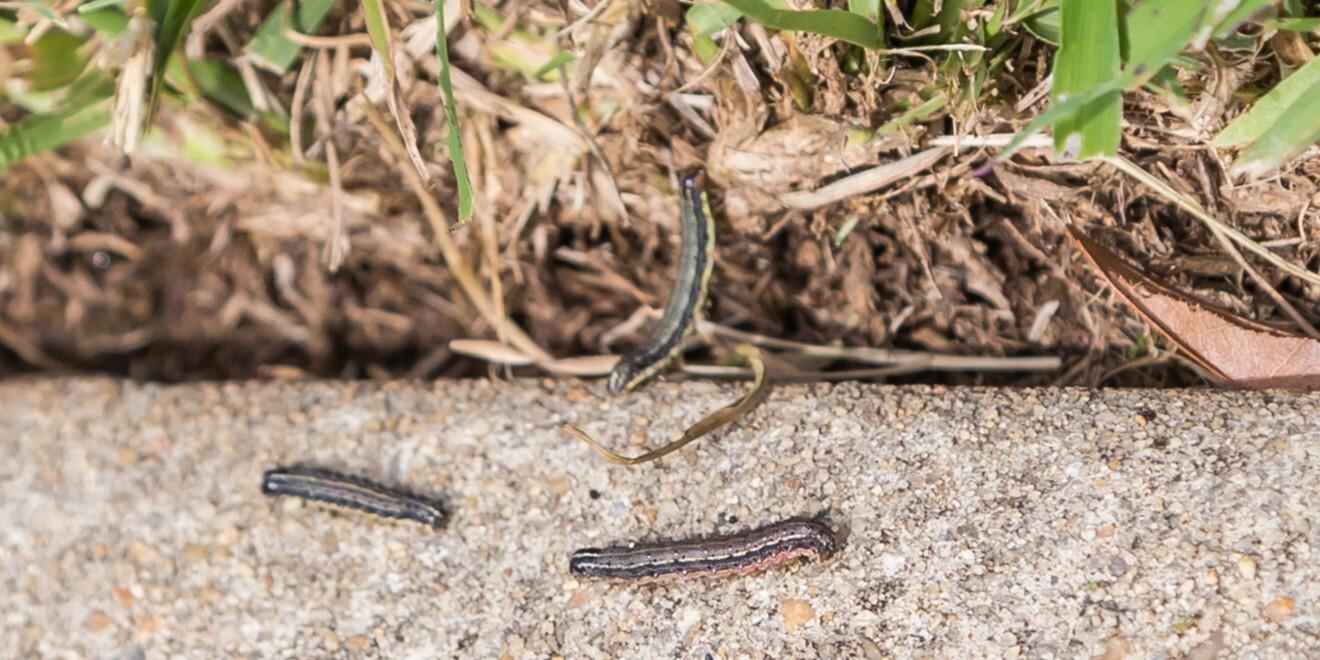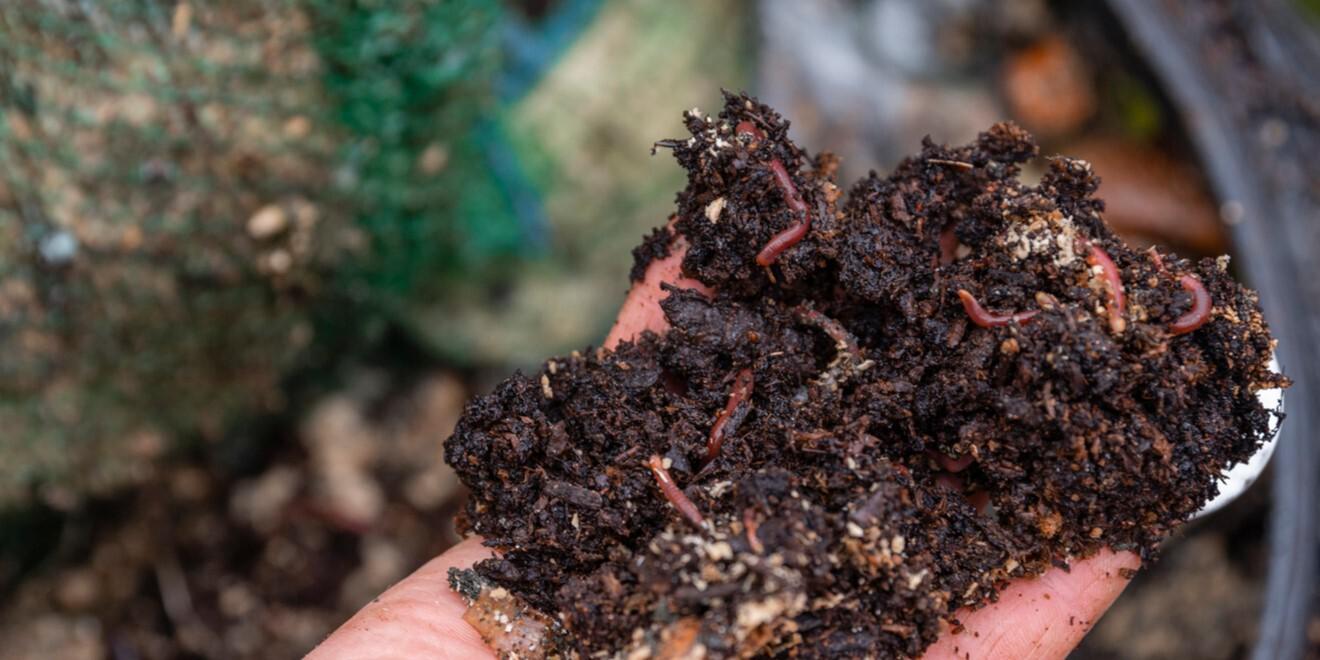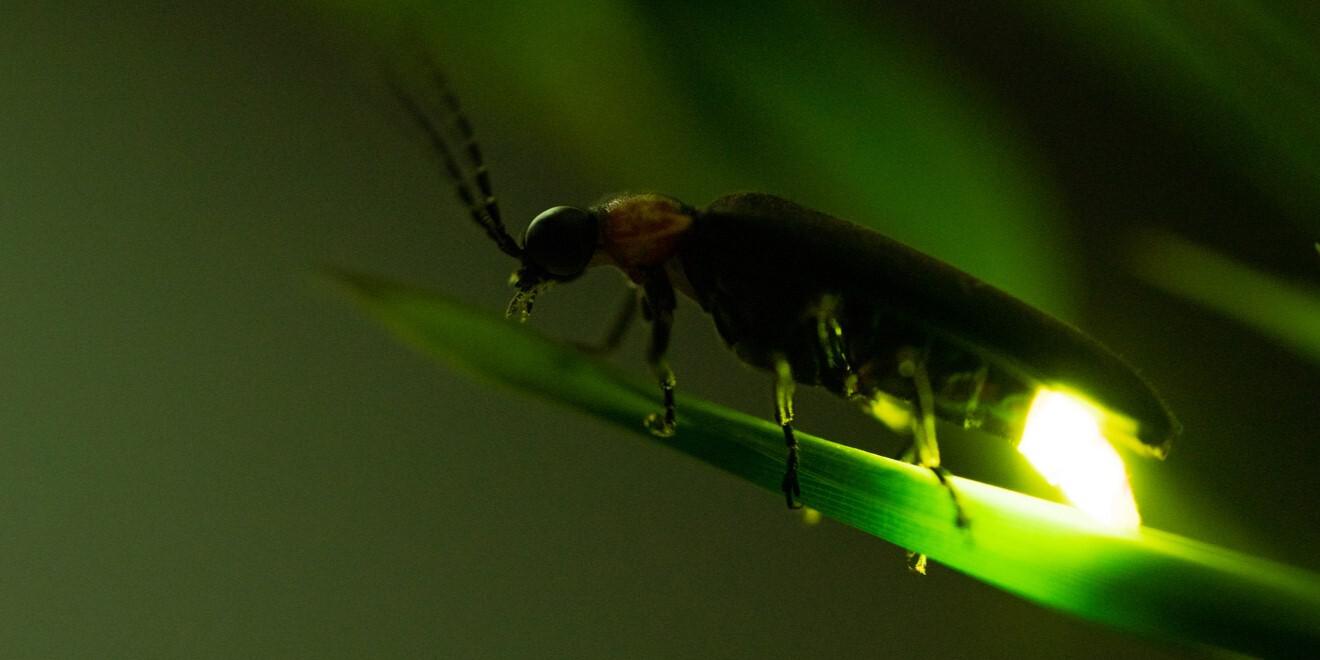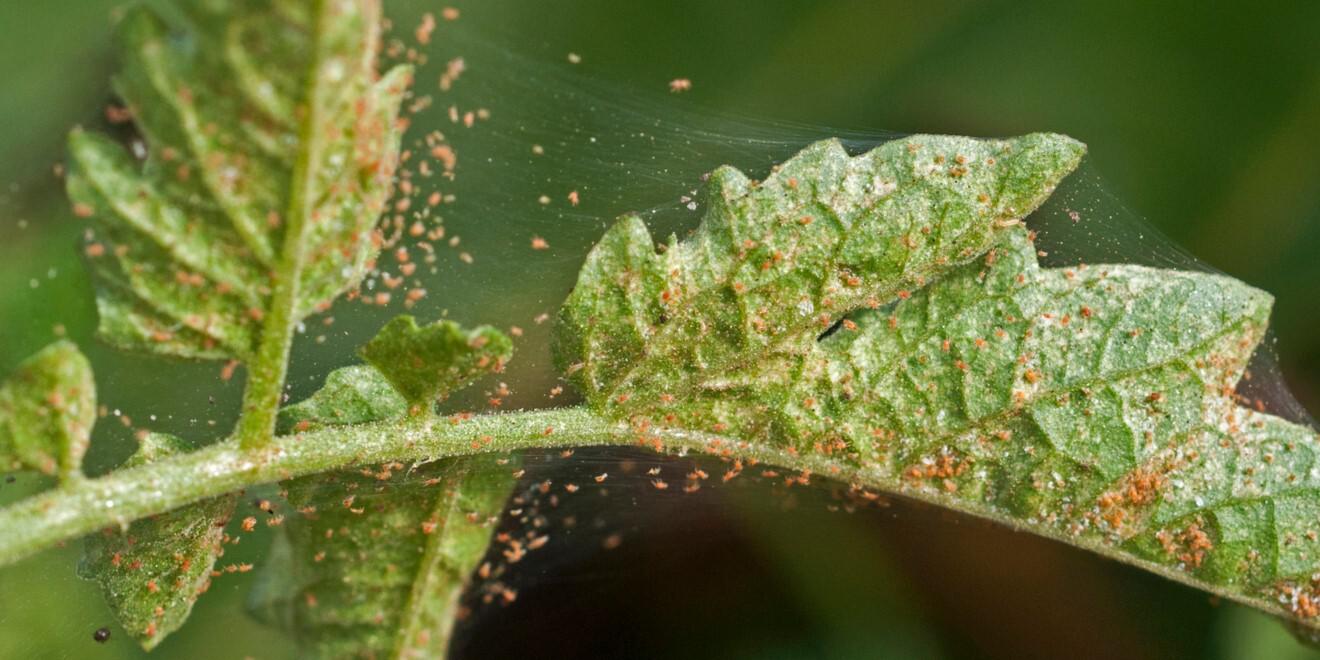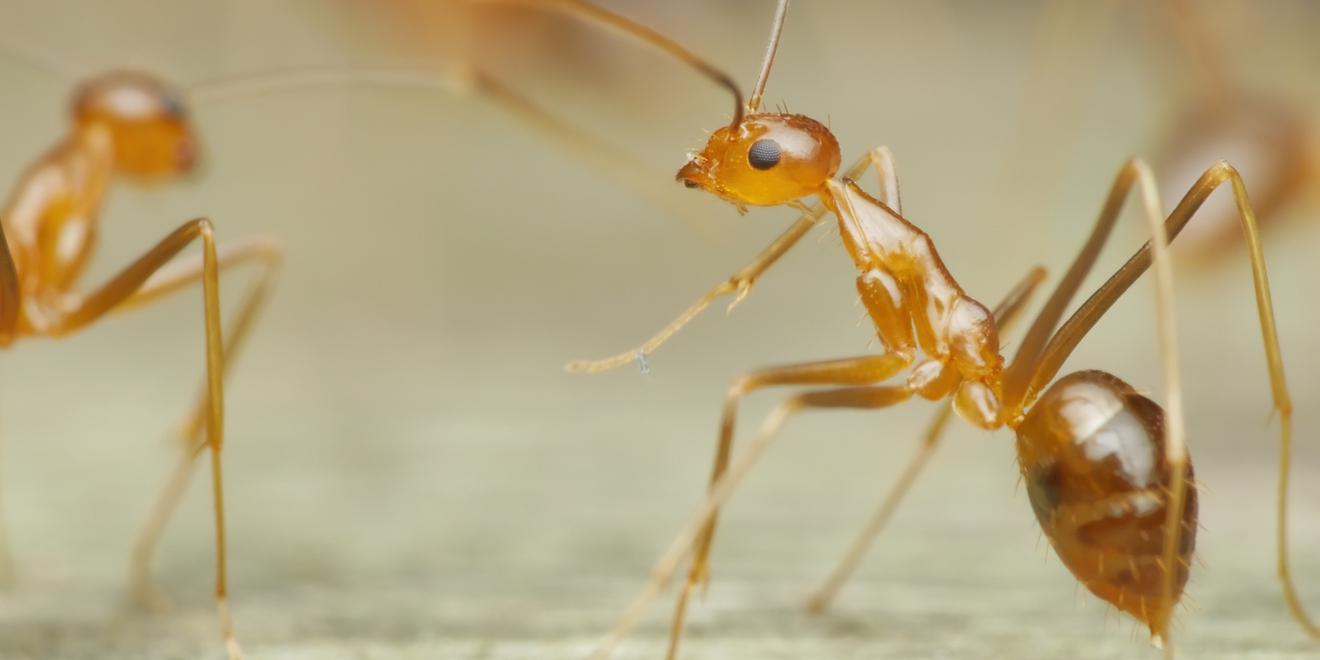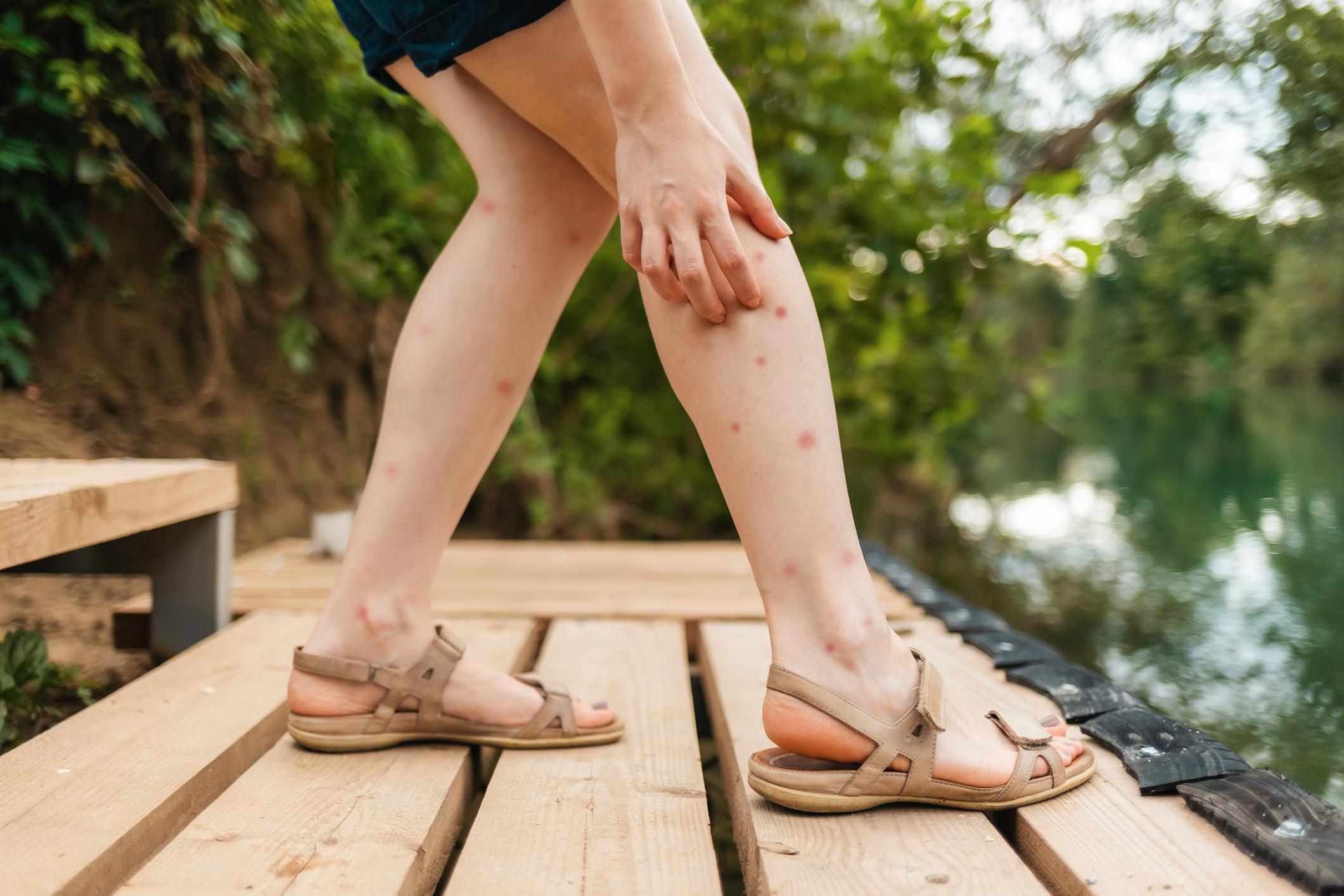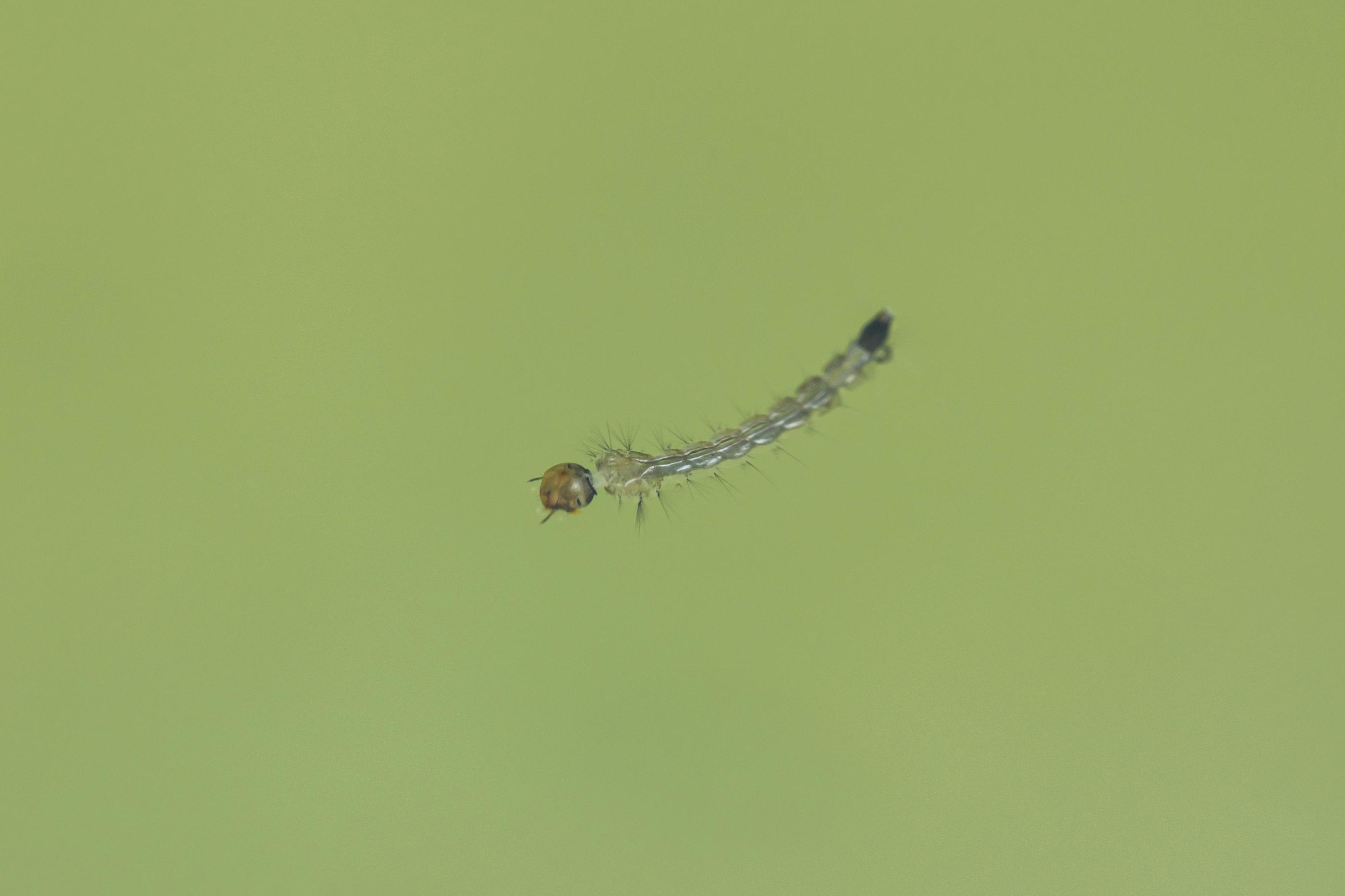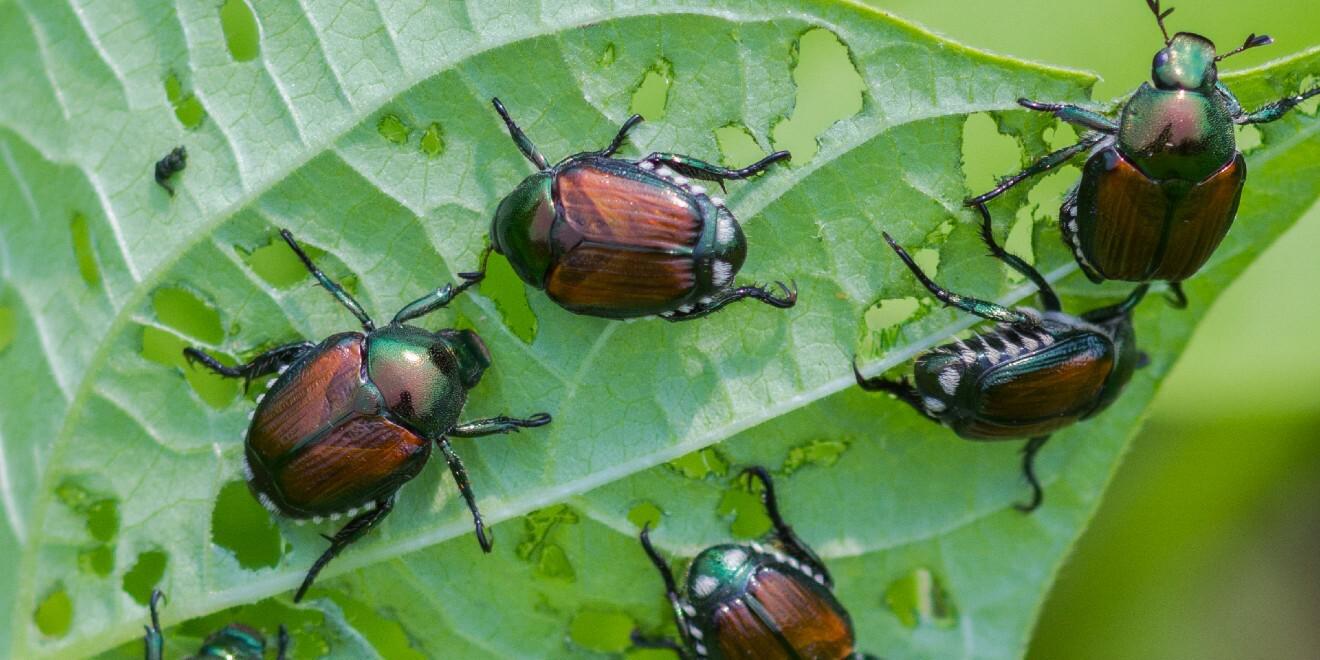The Unexpected Allergy That Starts with a Tick Bite
Posted by Mosquito Squad
July 18, 2025
Urban areas like Chicago might not be the first place you'd associate with tick-borne illnesses. Yet more residents are becoming aware of an unusual condition linked to a tick bite called Alpha-gal Syndrome. This red meat allergy, triggered by the bite of a lone star tick, is gaining attention across the Midwest.
While Chicago tick and mosquito control often focuses on buzzing nuisances, ticks deserve just as much consideration—especially as their habitats and ranges expand into more populated areas.
Whether you’re walking your dog in a neighborhood park or hiking through forest preserves outside the city, understanding this risk is part of smart outdoor living.
Alpha-Gal Syndrome: What It Is and Why It Matters
Unlike common infections like Lyme disease, Alpha-gal Syndrome isn’t caused by bacteria. It’s a reaction to a sugar molecule—alpha-gal—found in most mammals. When a lone star tick carrying this molecule bites a person, it can set off an immune response. Later, when the person eats red meat, dairy, or other mammal-based products, the body mistakenly sees these as threats.
Symptoms vary widely. Some experience mild hives or stomach discomfort. Others face far more severe reactions, including anaphylaxis. And because these reactions are delayed—often appearing three to six hours after eating—diagnosing AGS can be a long, confusing process.
Lone star ticks were once confined to the southeastern U.S., but they’re moving north. With people traveling more, outdoor wildlife migrating, and cities expanding into former woodlands, it’s not unusual to find ticks showing up in unexpected places—even parts of the Chicago area.
Everyday Choices That Lower Your Risk
If you’re concerned about ticks or Alpha-gal Syndrome, the good news is that small changes in behavior can reduce your risk. Start with your clothing: wear long pants and sleeves when in grassy or wooded spaces. Stick to trails and avoid brushing against overgrown vegetation. Use repellents labeled for tick protection, and always check yourself, your children, and pets after outdoor activities.
For your home, especially if you live near forest edges, train tracks, or large parks, make your yard less attractive to ticks. Trim grass regularly, remove leaf litter, and place play equipment or patio seating in sunny, open areas. Stack woodpiles neatly and away from high-traffic zones.
Finally, remain aware of where you’ve been. If you or your family members travel to regions farther south, even a brief camping trip or hike can be an exposure risk. The symptoms of AGS might not show up until long after the bite—but you can take action now.
Why Chicago Residents Trust Mosquito Squad
At Mosquito Squad of Chicago, we know that urban environments aren’t immune to pest problems. Our tick control services are designed with city and suburban properties in mind. We assess each home individually and apply treatments that target shaded zones, overgrown areas, and paths commonly used by pets or wildlife. The result is a smarter, strategic approach that focuses on prevention where it’s needed most.
Our treatments are effective for up to three weeks per application, and we offer both traditional and natural options depending on your preferences. Whether you're dealing with recurring tick problems or just want to stay ahead of potential health risks, we’re ready to help you build a personalized plan backed by our satisfaction guarantee.
Alpha-gal Syndrome may not be widespread in Chicago yet—but that doesn’t mean it won’t become more common. With more awareness and a strong prevention strategy, you can help protect your health and enjoy the outdoors with greater peace of mind. For professional help creating a tick reduction plan or learning more about our services, contact Mosquito Squad of Chicago today. We’re here to help keep your yard comfortable, livable, and better protected.

